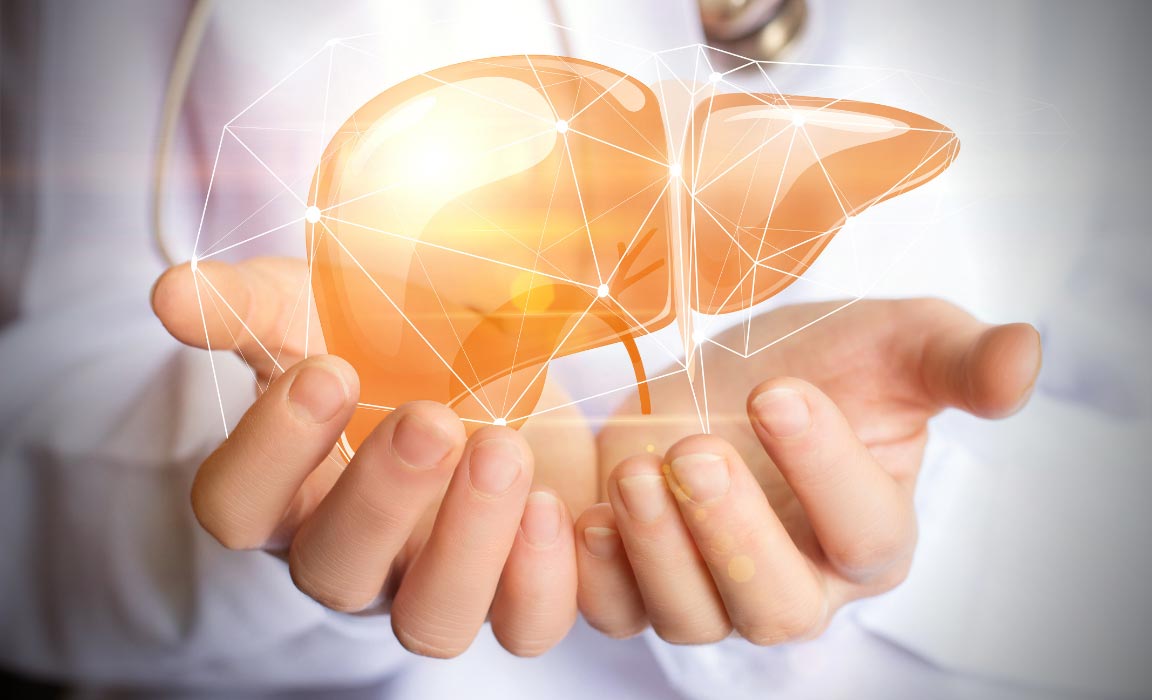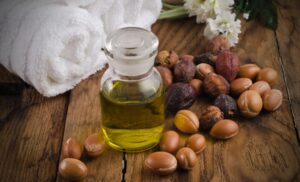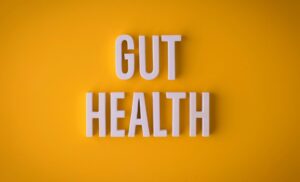Food for Thought
The Good & Bad About Our Liver
Like your skin, your liver is the only other organ that can regenerate itself by creating new tissue. Your liver sits on the right side of your abdomen, is about the size of a football and weighs anywhere from 2 to 3 pounds. Not only is the liver responsible for filtering out toxins from the blood-it also stores glucose in the form of glycogen to be used as an energy source when needed. The Liver produces bile that is stored by the gallbladder to be dumped into the intestines when needed to break down fats and fat soluble vitamins.Other important functions of the liver include:
- Breaks down hormones and old blood cells.
- Produces essential proteins, including blood clotting factors and enzymes.
- Stores and supplies vitamins, minerals and iron to parts of the body where they are needed.
How we damage our liver:
Aside from environmental toxins, there are behaviors that we engage in the can lead to liver damage. Eating too much refined sugar and high-fructose corn syrup causes a fatty buildup that can lead to liver disease. Other things that can contribute to liver damage include alcohol use, exposure to certain chemicals or toxins, prescription and nonprescription drugs, and our thoughts. Everything is processed through the liver.
Everything we think, eat, put on our body, in our body, see, breathe in or smell is processed through the liver. Over time, damage to the liver results in scarring (cirrhosis), which can lead to liver failure, a life-threatening condition. Symptoms of liver disease are as follows: Skin and eyes that appear yellowish (jaundice), abdominal pain and swelling, swelling in the legs and ankles, itchy skin, dark urine color, pale stool color, or bloody or tar-colored stool, chronic fatigue, nausea or vomiting, loss of appetite, and the tendency to bruise easily.
The good news is that there are things we can do to not only detox our liver but also help maintain its health and good function. Eating a healthy diet that is low in refined sugar, white flour and corn syrup, staying hydrated, getting 7-8 hours sleep per night, exercising a minimum of 3-4 days per week, and finding healthy outlets to relieve stress are all beneficial for helping the liver to function at an optimal level.
If you are experiencing any of the above symptoms and/or bloating, constipation, fatigue and hormonal imbalances, then it might be time for a liver detox or cleanse. Also beneficial is to drink alcohol in moderation. For healthy adults, that means up to one drink a day for women and up to two drinks a day for men. Heavy or high-risk drinking is defined as more than eight drinks a week for women and more than 15 drinks a week for men. Use medications wisely. Take prescription and nonprescription drugs only when needed and only in recommended doses. Don’t mix medications and alcohol.
Talk to your doctor before mixing herbal supplements or prescription or nonprescription drugs. Make sure the room is ventilated, and wear a mask when spraying insecticides, fungicides, paint and other toxic chemicals. Always follow the manufacturer’s instructions. There are several powerful herbs and supplements known to give the liver a boost in converting nutrients and removing toxins. These herbal supplements help the liver properly metabolize foods, eliminate waste and even balance hormones. To name a few: Milk thistle, Holy basil, and Dandelion root.
Without the liver, it is impossible to have a properly working metabolism, healthy circulation, balanced hormones, clean blood and a strong digestive tract. So, give your liver and your body a break by supporting and/or detoxing or cleansing your liver. If you have any questions, don’t hesitate to let us try and help you navigate this process.
“Let Us Be Your Doorway To Health”



